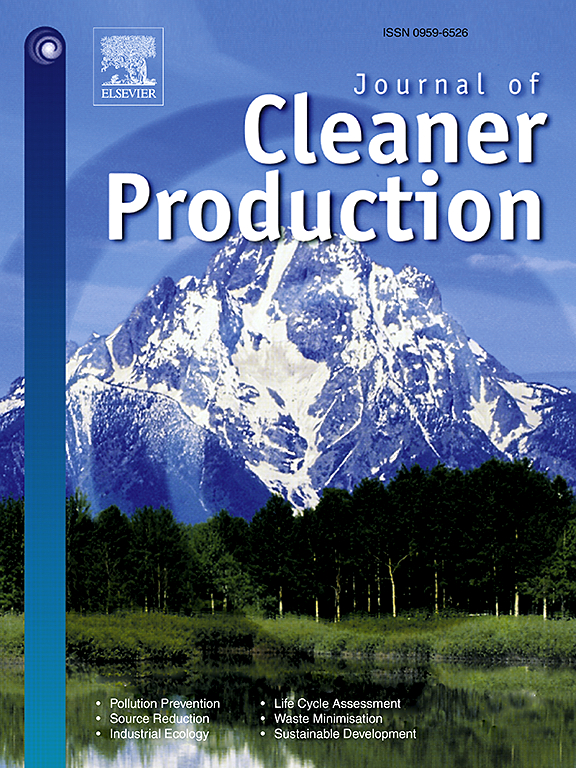Researchers in Australia have retracted a 2020 nanotechnology study after their institution’s research integrity office found the paper had misappropriated the work of undergraduate students at their school.
According to the retraction notice, the study stated the data belonged to an industry consulting project when in fact they originated from undergraduate work. The notice reads:
Post-publication, the University of Sydney’s Research Integrity Office found that the article misrepresented research data as being derived from an industry consultancy project when it was from an undergraduate unit of study. In doing so, the work of the undergraduate students and a tutor for the unit of study was misappropriated.
The study also included data from interviews undergraduates had conducted with the public without ethics approval, the retraction notice states.
The article, “The rapid product design and development of a viable nanotechnology energy storage product,” published in the Journal of Cleaner Production in 2019, has accumulated 11 citations, according to Clarivate’s Web of Science. Four of those citations came after the paper had a correction notice issued for it in 2022.
Cara Wrigley, the senior author on the paper, is now a professor of design at the University of Queensland in Brisbane. The study’s first author, Scott Bryant, is based at the University of Sydney. Neither Wrigley nor Bryant responded to a request for comment.
A spokesperson for Elsevier, which publishes the journal, told Retraction Watch that all the study authors agreed to the retraction.
According to the spokesperson, the authors contacted the journal to retract the paper in August 2023, and in December 2023, the University of Sydney also reached out to the publication to support the authors’ decision.
A spokesperson for the University of Sydney told Retraction Watch:
We’re obliged to carry out all research-related investigations on a confidential basis and so we’re not able to provide more information than has been published online in the retraction notice.
Like Retraction Watch? You can make a tax-deductible contribution to support our work, follow us on X or Bluesky, like us on Facebook, follow us on LinkedIn, add us to your RSS reader, or subscribe to our daily digest. If you find a retraction that’s not in our database, you can let us know here. For comments or feedback, email us at [email protected].

Undergrads? Did they run of grad students or something?
Undergraduates should be quite capable for doing interviews.
But what is weird about this case is not the misappropriation, which is clearly a misconduct, but rather the detail that the “undergraduates had conducted [interviews] with the public without ethics approval”. Since when have interviews required an ethics approval? Given the context of clean production, that is just ridiculous. (Having said that, the actual retraction notice uses a wording “potentially requiring”).
Yes, at least since the 1990s, a research project designed to contribute to generalizable knowledge (meaning likely to be disseminated in some formal way) in which data about individuals’ behaviors, beliefs, opinions, and the like are gathered via interviews, questionnaires, etc.., must be reviewed by (in the USA) an Institutional Review Board, though such reviews are usually given ‘expedited’ status, not full board review. Things can get complicated, however, when class projects designed as an academic product solely for class credit, which typically might not require such review, are subsequently deemed worthy of dissemination.
I understood that to mean that they included the study without ethics approval, not that the study was conducted without ethics approval.
Yes, you need ethics approval in modern times. It has now become a trend these days in some countries that undergraduate students write reviews (including systematic reviews), meta-analyses, and such research.
Interviewing the public is not risk free. People tend to trust researchers and can share potentially risky information. (And we would like them to continue doing so, as it makes a lot of research possible which otherwise would not be.)
We need to avoid situations in which members of the public reveal information that could be used against them (medical information, immigration status, sexual orientation, etc) and then the researchers accidentally or deliberately expose that information to hostile parties. The IRB will be asking whether researchers are collecting the minimum necessary sensitive data for their goals, and whether they are storing and using it responsibly.
I wonder how this issue was discovered. Did the undergraduate whose work was used complained?